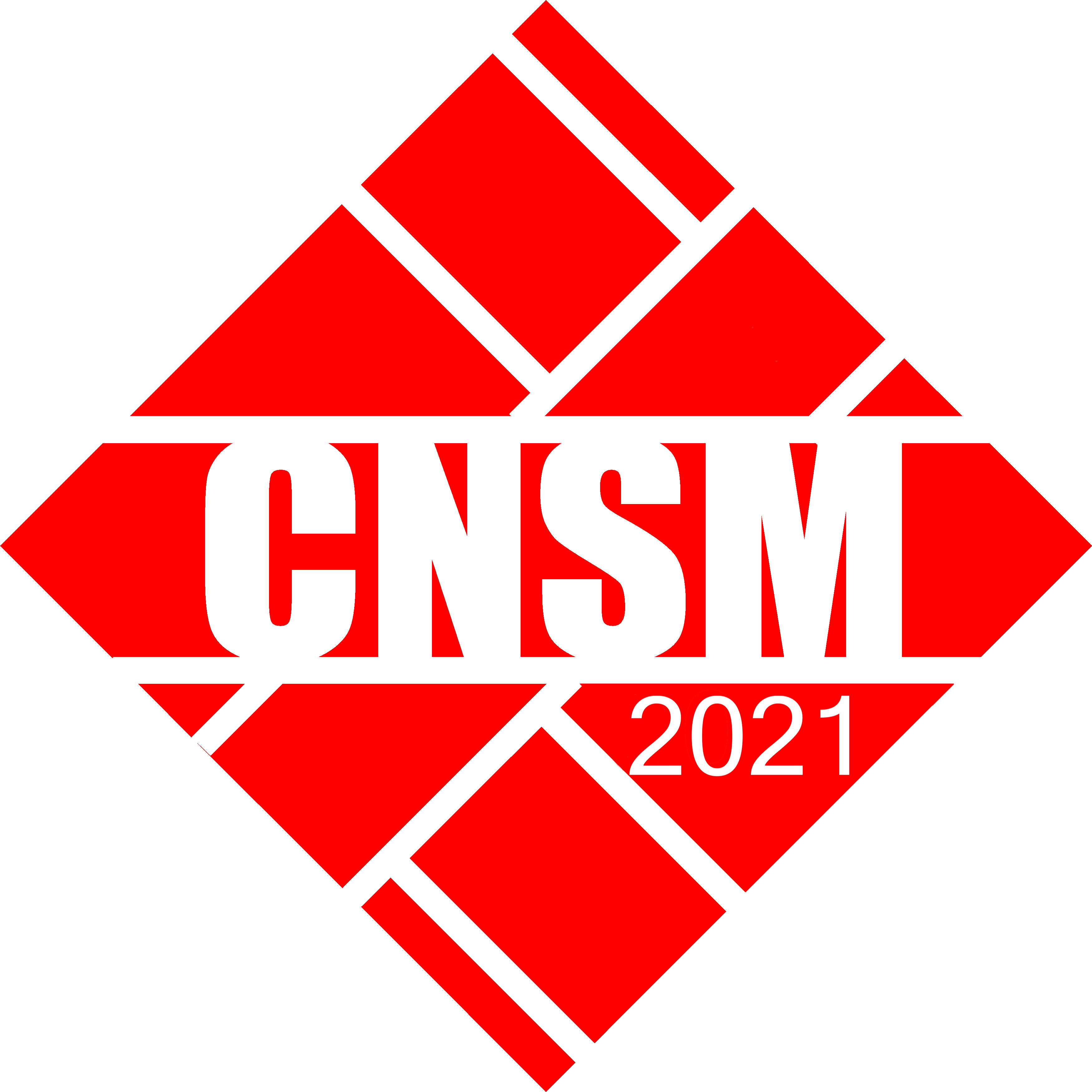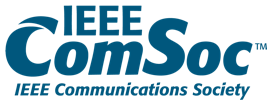
 |
 |
|
 |
 |
|
ZNSM
1st International Workshop on Zero-Touch Network and Service Management (ZNSM 2021)With the same spirit of CNSM as a whole, this workshop on “Zero-touch Network and Service Management” (ZNSM) aims at providing an international forum for researchers and practitioners from academia and the industry at large, including network operators, service providers, equipment manufacturers and IT companies, to discuss and address the challenges deriving from automation in the delivery and operation of networks and services through the use of analytics and AI-based models to perform decision making at all levels of operations: optimize resource sharing, reduce resource capability consumption using flexible and adaptive network service provisioning, and support new deployment models while ensuring smooth service continuity, SLA-compliance and end-to-end automation of the management and orchestration of network services and resources.
Call for Papers
Please download the ZNSM CFP flyer here: ![]()
ZNSM workshop is sponsored by the following 4 European projects:
- Hexa-X project: https://hexa-x.eu/
- MON-B5G project: https://www.monb5g.eu/
- 5G-DIVE project: https://5g-dive.eu/
- 5Growth project: https://5growth.eu/




Paper Submissions:
Prospective authors are invited to submit original unpublished papers not under review elsewhere. Submissions will be subjected to a peer-review process. Regular papers should be submitted in IEEE 2-column format, with paper length up to 7 pages including references. Authors should register and upload paper submissions on EDAS using this link: https://edas.info/28752
Workshop Co-chairs:
Amina Boubendir, Orange Labs, France
Diego R. López, Telefonica I+D, Spain
Carlos Guimarães, UC3M, Spain
Josep Mangues-Bafalluy, CTTC, Spain
Xi Li, NEC Laboratories, Germany
Vilho Raisanen, Nokia Bell Labs, Finland
Important Dates:
Paper Submission: August 14, 2021 (Extended)
Acceptance Notification: Sept 7, 2021
Camera Ready Submission: Sept 21, 2021
Workshop Description
As we are heading towards nascent 6G networks, this is the appropriate time to do a hindsight exercise to gather the lessons learned to start shaping the networks to come in a coherent and converged manner towards a service-oriented automatically managed network. The adoption of virtualization and softwarization for networks and ICT infrastructures in general is more than ever an opportunity of moving network solutions to customized end-to-end, yet private and independent, network services designed and delivered on-demand over heterogeneous network segments and infrastructures. The ever-growing connectivity demand and continually more stringent performance requirements along with operational and environmental costs are pushing the boundaries of network solutions to maximize the efficiency of every deployment and operation action.
In this direction, automation and its extreme form known as “zero-touch” has drawn the attention of many actors from the IT, Telecom and Cloud sectors. A plethora of initiatives dealing with all related aspects from a global or specialized point of view for 5G and beyond networks can be cited here: TMF ZOOM, ETSI ZSM, ETSI ENI, RAN-related management initiatives (O-RAN, ONF SD-RAN), different EU and non-EU research projects like MON-B5G, 5G-DIVE, 5Growth, 5GZORRO, INSPIRE5Gplus, and last but not least the Hexa-X project recently launched as a flagship 6G European initiative.
An important objective of zero-touch is to go beyond the use of software-based solutions to automate some well-understood tasks for the sake of time savings. Zero-touch considers to make full use of analytics and AI-based models to perform decision making at all levels of operations: optimize resource sharing, reduce consumption using flexible mechanisms for network service provisioning, and support new deployment models adapted to massively distributed infrastructures, while ensuring smooth service continuity, SLA-compliance and end-to-end automation of the management and orchestration of network services and resources. Automation brings a series of challenges to the ways in which network services and more generally network slices are designed, deployed, provided and intelligently managed. Multiple issues are still to be addressed for zero-touch to be concretely adopted by the Industry. One important direction is the need to converge on the way societal stimuli coming in the form of service requests from a variety of vertical industries (e.g., industry 4.0, transportation, energy, automotive, eHealth) are handled by the network. And it is not only about dynamically deploying the service, but most importantly about continuously monitoring it and providing the various control loops towards 24/7 operation whilst fulfilling SLA requirements. This is the point at which the network will become a catalyzer of all sorts of economic activity of our society, at the level of what the Internet represented half a century ago.
We are welcoming papers that cover or are related to any of the following topics:
- Use cases and requirements to move towards zero-touch frameworks
- Network service and slice life-cycle management using zero-touch solutions
- Automated deployment of network management components, including security aspects
- Abstraction models for network and service complexity management and automation
- Zero-touch approaches to enable physical and digital infrastructures including digital twin use cases
- Zero-touch integration fabric capabilities and continuous integration
- Composition of management functions and modularity principles for integration
- Protocols, end points and Programmability APIs schemes as enablers for zero-touch
- Service-oriented architectures and “as-a-Service" paradigms to serve zero-touch management
- Telemetry data, vertical/horizontal closed-loop automation, policies, analytics and integrated intelligence
- Performance isolation, forecasting, anomaly detection, fast failure recovery & high availability
- Zero-touch models for edge/device-to-network integration, MEC, and heterogeneous infrastructures
- Automated management and integration of open RAN solutions
- AI-based zero-touch approaches for heterogeneous and cross-domain network infrastructures
- Data-driven solutions for the automation of specific network segments
- Impact of zero-touch on FCAPS-based network operations management
- Reliability, trust modeling and zero-trust approaches as an enabler for zero-touch management
- Assurance and fulfillment processes in zero-touch network management
- Automated SLA management and QoS guarantees in zero-touch infrastructures
- Zero-touch management and operation for energy efficient networks: solutions, metrics and KPIs
- Adaptation approaches of legacy architectures towards zero-touch management
- Security considerations for zero-touch solutions: threat models and countermeasures
- Multi-tenant support in zero-touch environments: identity management, accounting and auditability
- Vertical-oriented zero-touch proof-of-concepts and pilots
- Service-oriented management testbeds and experimental validation of architectural ideas
- AI/ML integration in service and network management decision-making, including resource optimization,
- Zero-touch solutions for a multi-stakeholder cooperation models
- Adaptation of business layers for zero-touch inter-operator resource sharing
- Network transformation schemes and strategies to support zero-touch management
- Network operator peering including service and resource federation.
TPC
To be announced




